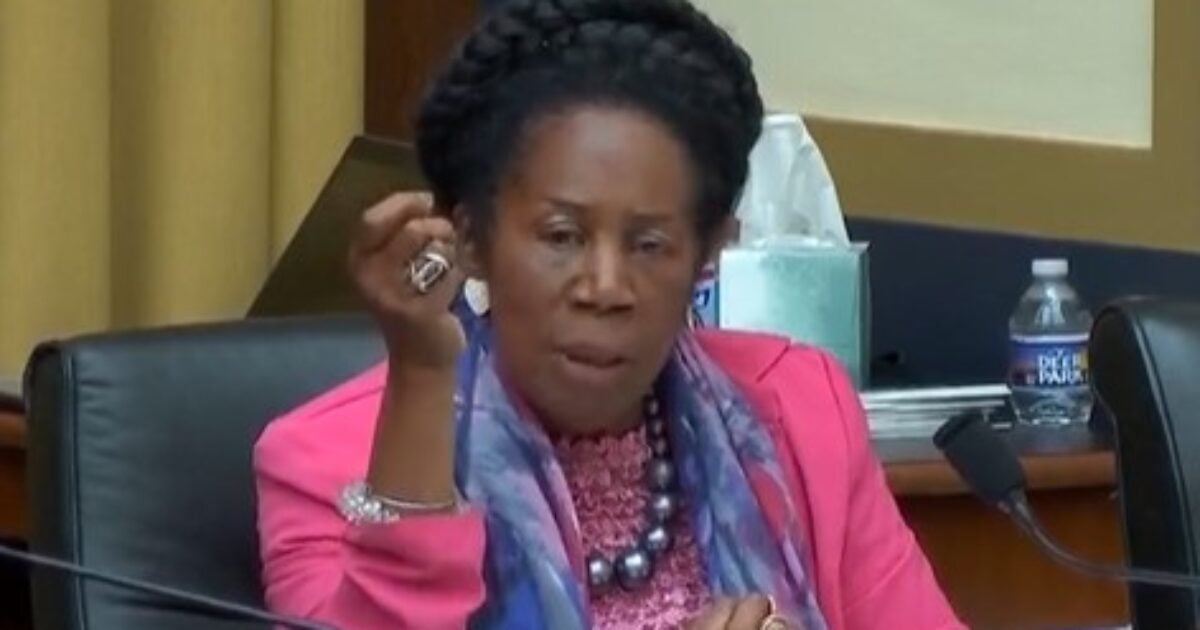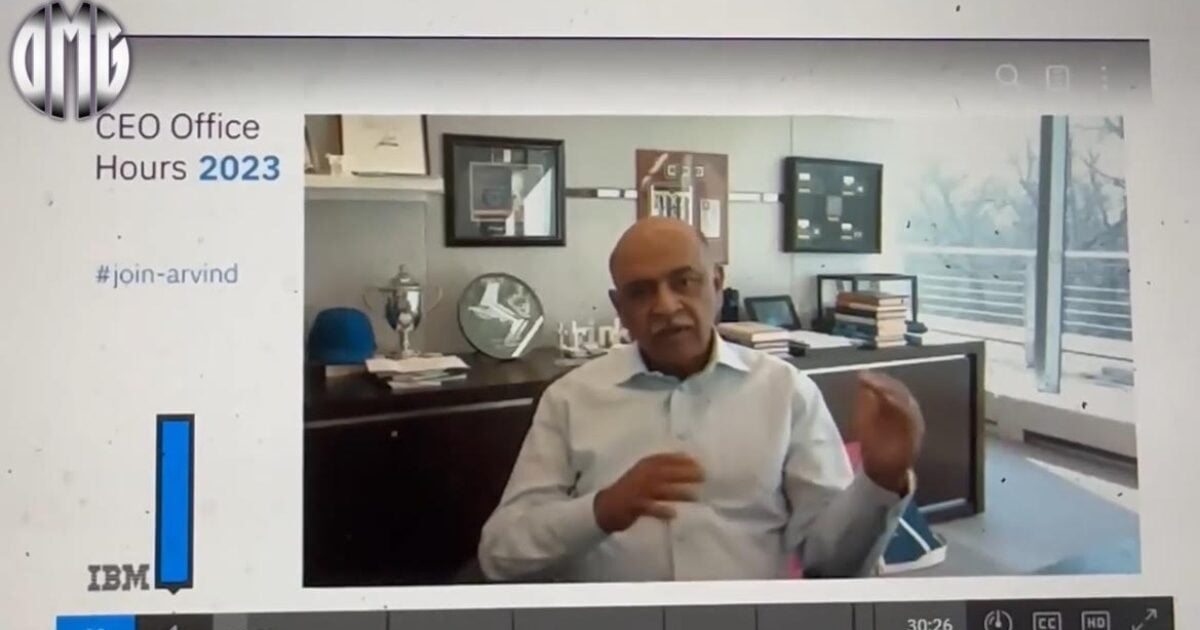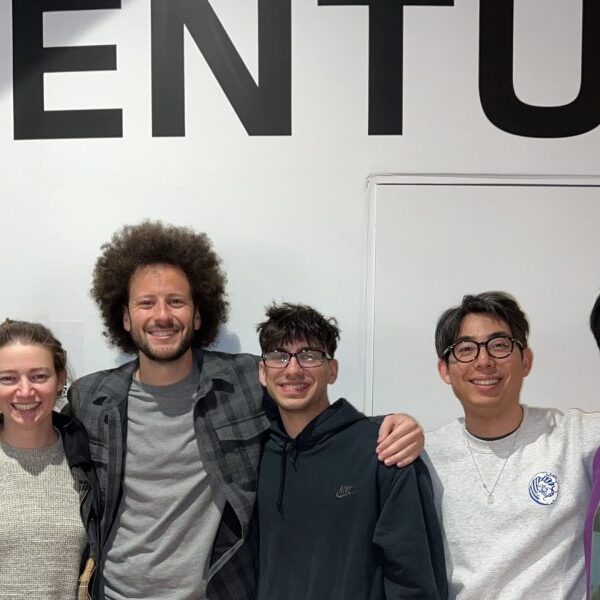ADVERTISEMENT
The United States has taken a bold step by nominating Cuban dissident Rosa María Payá as a candidate for the Inter-American Commission on Human Rights (IACHR) for the 2026-2029 term.
The election, held during the General Assembly of the Organization of American States (OAS) in Antigua and Barbuda, could mark a turning point in the fight against the leftist dictatorships that suffocate the region.
Payá, an emblematic figure of resistance against the Castro regime, carries in her political DNA the defense of freedom and democracy—values that conservatism upholds in the face of the advance of authoritarian socialism.
A nomination with political weight.
The U.S. Department of State highlights Payá’s track record as “an internationally respected democracy advocate, human rights leader, and expert in Hispanic American politics.” And rightly so.
From her exile in Miami, she has led the Foundation for Pan-American Democracy and the Cuba Decide initiative, a movement seeking a binding plebiscite to overthrow the Cuban regime through the will of the people.
welcomes the nomination of our compatriot and distinguished human rights defender, Rosa María Payá @RosaMariaPaya
, to the Inter-American Commission on Human Rights (IACHR). We thank the U.S. government for this important decision, which demonstrates, once again, its solidarity with the Cuban people and with those of us who fight for a free, democratic Cuba with well-being for all Cubans. Rosa María Payá has been carrying out notable work at the head of the Foundation for Pan-American Democracy and leads the important citizen initiative «Cuba Decide» @CUBADECIDE
We hope that on June 27th, our sister in struggle will be elected to such an important OAS body. Our full support.
This nomination, driven by the Trump administration and backed by Secretary of State Marco Rubio, a Cuban-American with conservative roots, sends a clear message: Washington supports figures who unflinchingly confront oppressive regimes.
Oswaldo Payá’s legacy.
Rosa María is no novice in this battle. She is the daughter of Oswaldo Payá, the renowned Cuban opposition leader who founded the Christian Liberation Movement and led the Varela Project, an initiative that collected thousands of signatures demanding democratic reforms in Cuba.
Oswaldo died in 2012 in a supposed car accident that the IACHR, in a 2023 report, attributed to the Cuban regime as a deliberate act by state agents.
This tragic event did not break Rosa María; on the contrary, it catapulted her as the heir to a cause that transcends borders. “My father gave his life for freedom and democracy,” Payá stated on social media following her nomination, emphasizing her commitment to the inter-American human rights system.
and contribute to protecting the fundamental rights and freedoms of every person in the Americas. Deeply grateful to the United States government and Secretary Rubio for this nomination.
Cuba Decide: A challenge to totalitarianism.
Since its foundation, Cuba Decide has been a thorn in Havana’s side. The platform advocates for free and plural elections in an island that has been under communist rule for over six decades.
Payá has united activists, exiles, and dissidents both inside and outside of Cuba, demanding political change that restores sovereignty to the people.
Her work is not limited to her country: she has denounced the exportation of Cuba’s repressive model to nations like Venezuela and Nicaragua, where Havana’s influence has propped up allied dictatorships. In 2023, before the OAS, Payá accused Cuba of being a “fundamental factor” in the democratic collapse of the region, a stance that aligns with the conservative vision of curbing the advance of the socialist axis.
A tireless voice at the OAS.
Payá is no stranger to the halls of the OAS. In 2024, during the General Assembly, she urged member states to “demand that dictatorships eliminate all forms of political violence” and to release political prisoners in Cuba, Nicaragua, and Venezuela.
Her speech reflects a position that clashes with the complacency of some progressive governments that prefer to engage in dialogue with tyrants rather than confront them. This nomination positions her as a potential commissioner who will not bow to ideological pressures—a profile that the regional left fears due to her ability to expose their abuses.
An explosive regional context.
The nomination comes at a critical moment. In Venezuela, Nicolás Maduro’s 2024 re-election was deemed by the IACHR as lacking “democratic legitimacy,” citing state terrorism practices following the elections.
In Cuba, repression has intensified, with over 3,000 people accused of COVID-19-related crimes in 2020, according to Payá’s reports. Nicaragua, under Daniel Ortega, remains a hotspot of abuses.
Payá’s presence at the IACHR could amplify these denunciations, unsettling the left, which continues to defend these regimes under the pretext of “national sovereignty.”
Rosa María Payá’s candidacy is a symbolic victory for those of us who believe that freedom and democracy are non-negotiable… However, we must not be naive. The IACHR, while influential, lacks direct coercive power, and its impact will depend on the political will of its member states.
About The Author
Post Views: 647















